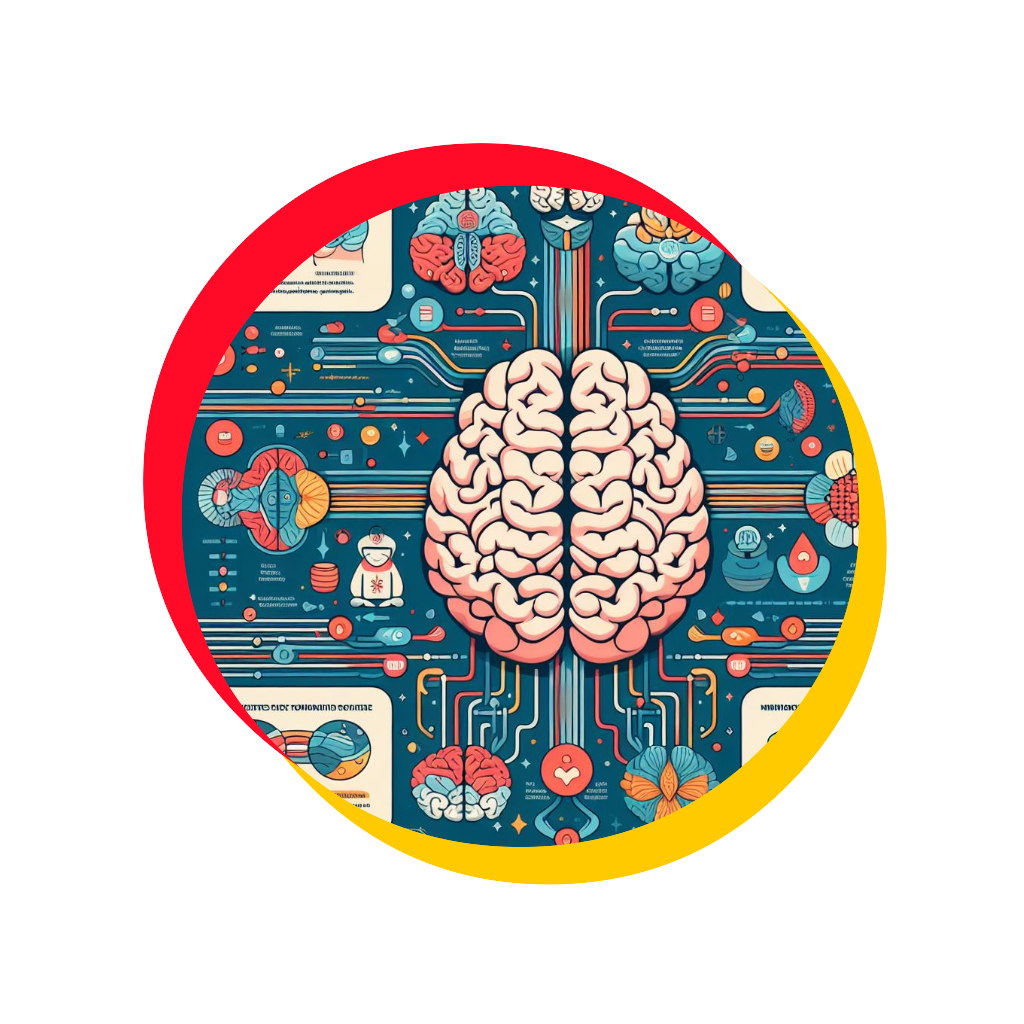Self-Care: Your Essential Toolkit for a Balanced Life
In our fast-paced world, it’s easy to get caught up in the daily grind. Work deadlines loom, errands pile up, and social obligations beckon. Somewhere amidst the chaos, our own well-being often gets pushed to the back burner. This is where the concept of self-care steps in, acting as a vital tool for managing stress and promoting overall health.
Self-care isn’t about self-indulgence or fleeting moments of pleasure. It’s a proactive approach to nurturing your physical, mental, and emotional needs. It’s about creating a sustainable routine that replenishes your energy reserves and allows you to function at your best.
Let’s delve deeper into why self-care practices are essential and explore some simple yet effective ways to incorporate them into your life.
The Impact of Stress: Why Self-Care Matters
Chronic stress is an insidious foe. It disrupts our sleep patterns, weakens our immune system, and contributes to anxiety and depression. When left unchecked, it can impact every aspect of our lives, both personal and professional.
Self-care practices act as a buffer against the negative effects of stress. By prioritizing activities that promote relaxation and well-being, we equip ourselves to navigate challenging situations with greater resilience.
The Power of Hobbies: Reconnecting with Joy
Hobbies are more than just a way to pass the time. Engaging in activities you genuinely enjoy sparks joy, ignites creativity, and provides a much-needed escape from daily pressures. Whether it’s painting, playing music, reading, or gardening, hobbies allow you to express yourself freely and tap into a sense of purpose outside of work or responsibilities.
The Calming Embrace of Nature: Stepping Outdoors for Wellness
Spending time in nature has a profound impact on our well-being. Studies have shown that exposure to sunlight increases serotonin production, a neurotransmitter that promotes feelings of happiness and well-being. Immersing yourself in a natural environment, whether it’s a walk in the park or a hike in the woods, can also lower stress hormones like cortisol and promote feelings of calmness and peace.
Relaxation Techniques: Finding Your Inner Calm
There are numerous relaxation techniques that can be incorporated into your self-care routine. Meditation, mindfulness exercises, and deep breathing practices can significantly reduce stress and anxiety. Yoga combines physical postures with breathing techniques and meditation, offering a holistic approach to relaxation and well-being.
Prioritizing Sleep: The Foundation of Health
Getting enough quality sleep is a cornerstone of self-care. When we are sleep-deprived, our ability to cope with stress diminishes, and our physical and mental health suffers. Aim for 7-8 hours of sleep each night, and establish a regular sleep schedule to regulate your body’s natural sleep-wake cycle.
Setting Boundaries: Saying No to Protect Your Well-Being
Saying no can be a powerful self-care tool. It allows you to prioritize your needs and avoid taking on more than you can handle. When faced with an overwhelming request, politely but firmly decline, and explain your limitations. Remember, setting healthy boundaries protects your time and energy, ultimately contributing to your well-being.
Tailoring Self-Care to Your Needs
The beauty of self-care lies in its flexibility. There’s no one-size-fits-all approach. Experiment and discover what works best for you. Listen to your body and mind. What activities leave you feeling rejuvenated and centered?
Self-Care Isn’t Selfish: It’s Essential
Taking care of yourself isn’t selfish; it’s essential. When you prioritize your well-being, you become a better version of yourself – more patient, more productive, and more present in your relationships. By investing in self-care, you equip yourself with the tools to manage life’s challenges and create a life filled with greater joy and purpose.
Start Today: Building Your Self-Care Routine
Begin your self-care journey with small, manageable steps. Start by scheduling 15 minutes a day for an activity you enjoy, whether it’s reading a book, listening to calming music, or spending time in nature. As you become more attuned to your needs, gradually incorporate other practices into your routine.
Remember, self-care is a continuous process. There will be days when you need to prioritize rest, while other days might call for a creative outlet. The key is to be kind to yourself, listen to your body’s signals, and make self-care a non-negotiable part of your life. By doing so, you’ll cultivate a sense of inner peace, resilience, and overall well-being that empowers you to embrace life’s challenges with greater confidence and flourish.




